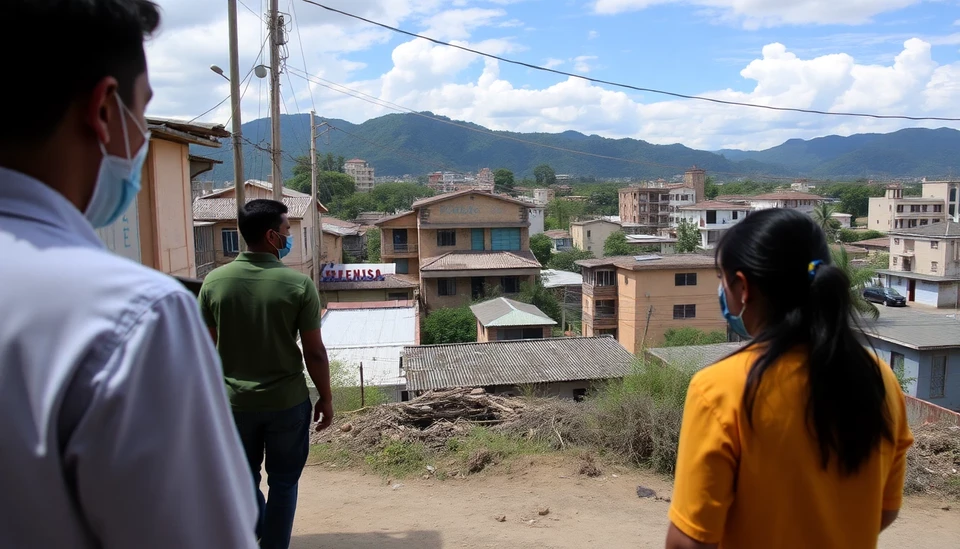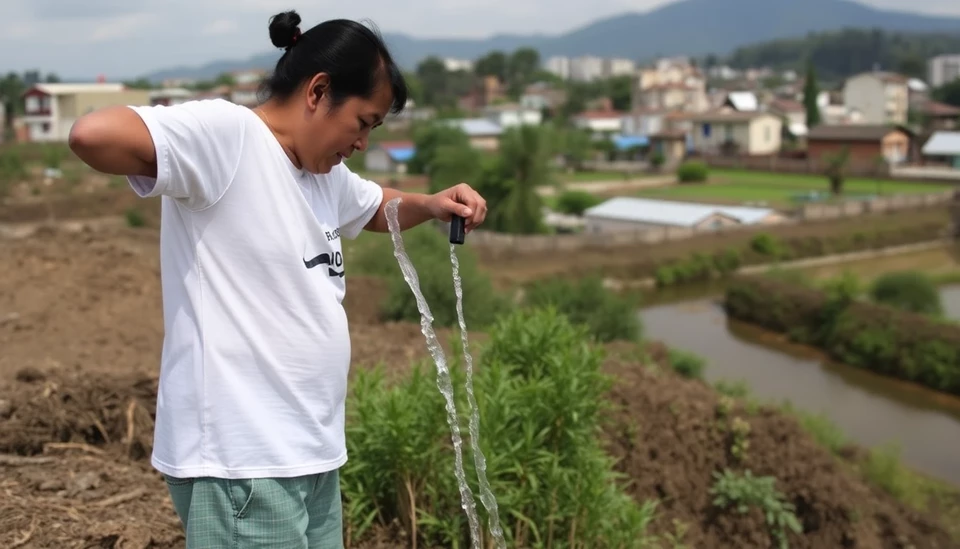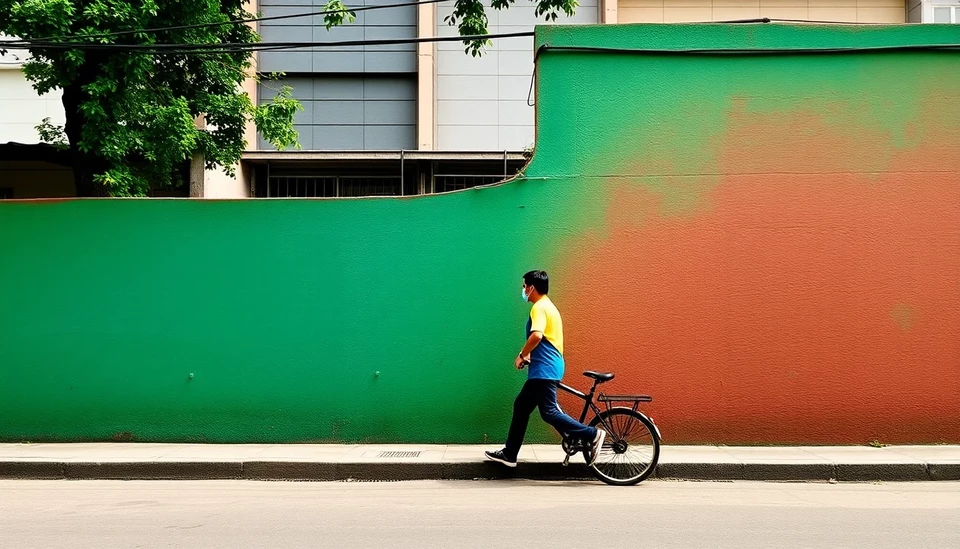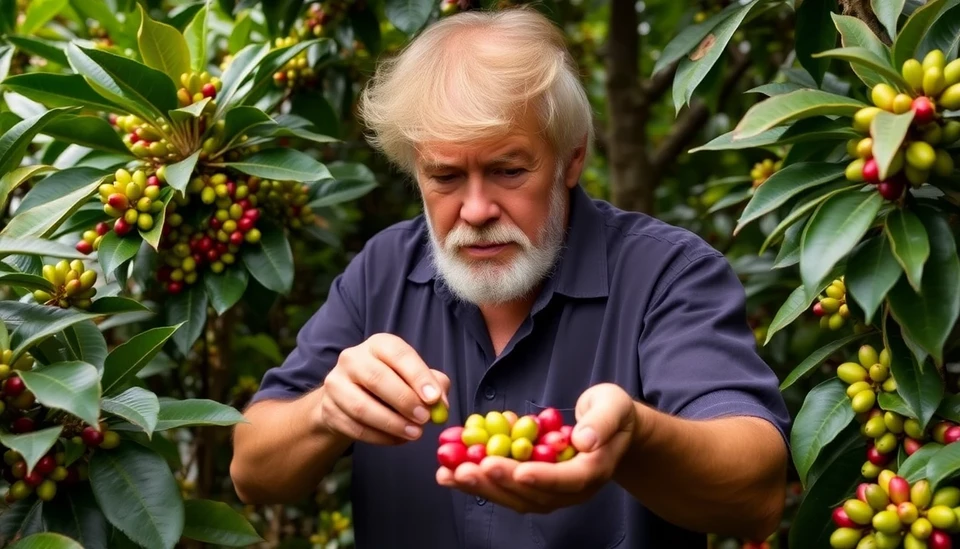
Colombia is currently grappling with a significant shortage of prescription drugs, a compelling issue that has escalated due to ongoing conflicts between President Gustavo Petro's administration and the country's health insurers. This situation has ignited concerns over the accessibility of essential medications for the populace, raising alarm bells about the health and well-being of many citizens who rely on these drugs for their daily health needs.
The crux of the problem lies in the government's efforts to reform the healthcare system, which President Petro argues is necessary to ensure that all Colombians have access to affordable medication. However, this ambitious goal has clashed with the established interests of private health insurers, who claim that the proposed changes could jeopardize their financial sustainability and reduce the availability of medicines in the market.
Pharmaceutical companies and healthcare professionals have expressed their concerns regarding the repercussions of these reforms, signaling that the quality of care could be compromised as pharmacies run low on vital supplies. Many patients are facing obstacles in obtaining necessary medications, leading to an alarming increase in health risks, particularly for those with chronic conditions that require consistent drug therapy.
As the situation worsens, many Colombian citizens are feeling the impact. Reports have emerged of patients turning to informal markets in search of medications that are no longer available in pharmacies, which raises questions about the safety and efficacy of drugs acquired from these unregulated sources. The desperation for medication has forced individuals to navigate a complex web of shortages and increasing prices, making essential products inaccessible for lower-income families.
President Petro is under mounting pressure to clarify his healthcare strategy, as critics argue that his administration's approach is leading to the very crises it aimed to correct. Protests have erupted in various regions, with citizens demanding immediate action to resolve these shortages and restore stability to the healthcare system.
In response, Petro's government plans to hold talks with healthcare leaders and stakeholders to address the prevailing issues. However, skepticism persists, with various analysts highlighting the entrenched nature of the challenges ahead. For many, the path to a more equitable healthcare system seems fraught with challenges that will require careful navigation and negotiation between public interests and private enterprise.
As the health crisis unfolds, observers wonder how long the Colombian populace can endure this precarious situation. With both sides entrenched in their positions, a timely resolution appears uncertain as the government grapples with opposition from pharmacy associations and powerful insurance firms.
Ultimately, the outcome of this standoff could dramatically shape the future of healthcare in Colombia, a nation that is striving to balance the imperatives of modern medical access with the realities of economic constraints and legislative complexities.
In this critical moment, the health of millions hangs in the balance, as the battle over prescription drug availability continues to escalate against a backdrop of political contention.
#Colombia #HealthcareCrisis #PrescriptionDrugs #GustavoPetro #HealthInsurers #DrugShortage #PublicHealth #ColombiaPolitics
Author: John Harris




